
Laboratory for Laser Energetics launches IFE-STAR ecosystem, workforce development initiatives
An inaugural annual conference and summer student programs will foster partnerships among academia, national labs, and the private sector.

How does the brain cut through noise to understand speech?
Rochester researchers investigate how visual cues enhance the brain’s ability to understand speech in noisy environments.

How Neanderthal DNA influenced human survival
New research provides an updated timeline of human-Neanderthal interactions, revealing patterns in the genetic legacy of this ancient exchange.
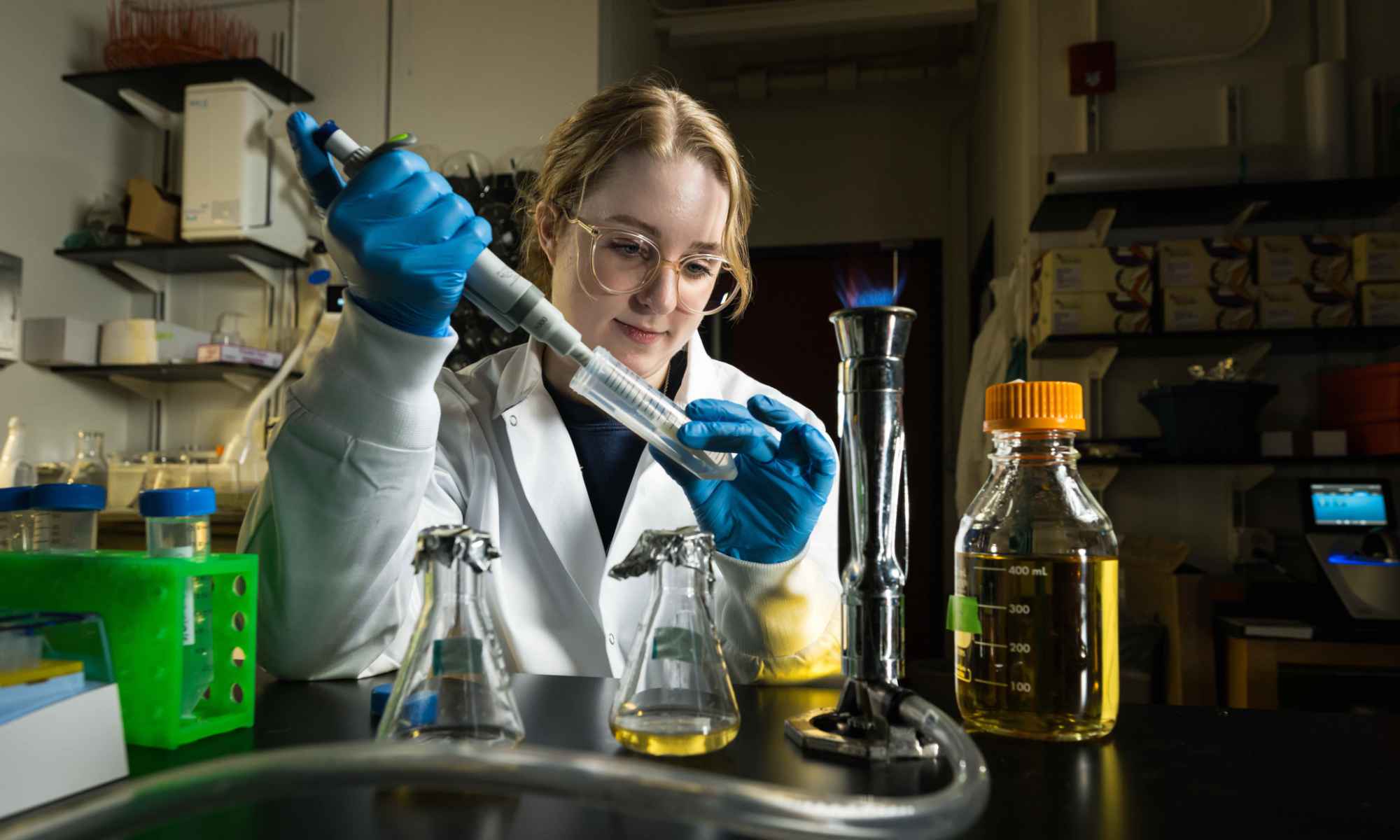
Can sea sponge biology transform imaging technology?
Researchers draw inspiration from nature to create tiny, powerful microlenses for advanced image sensors.
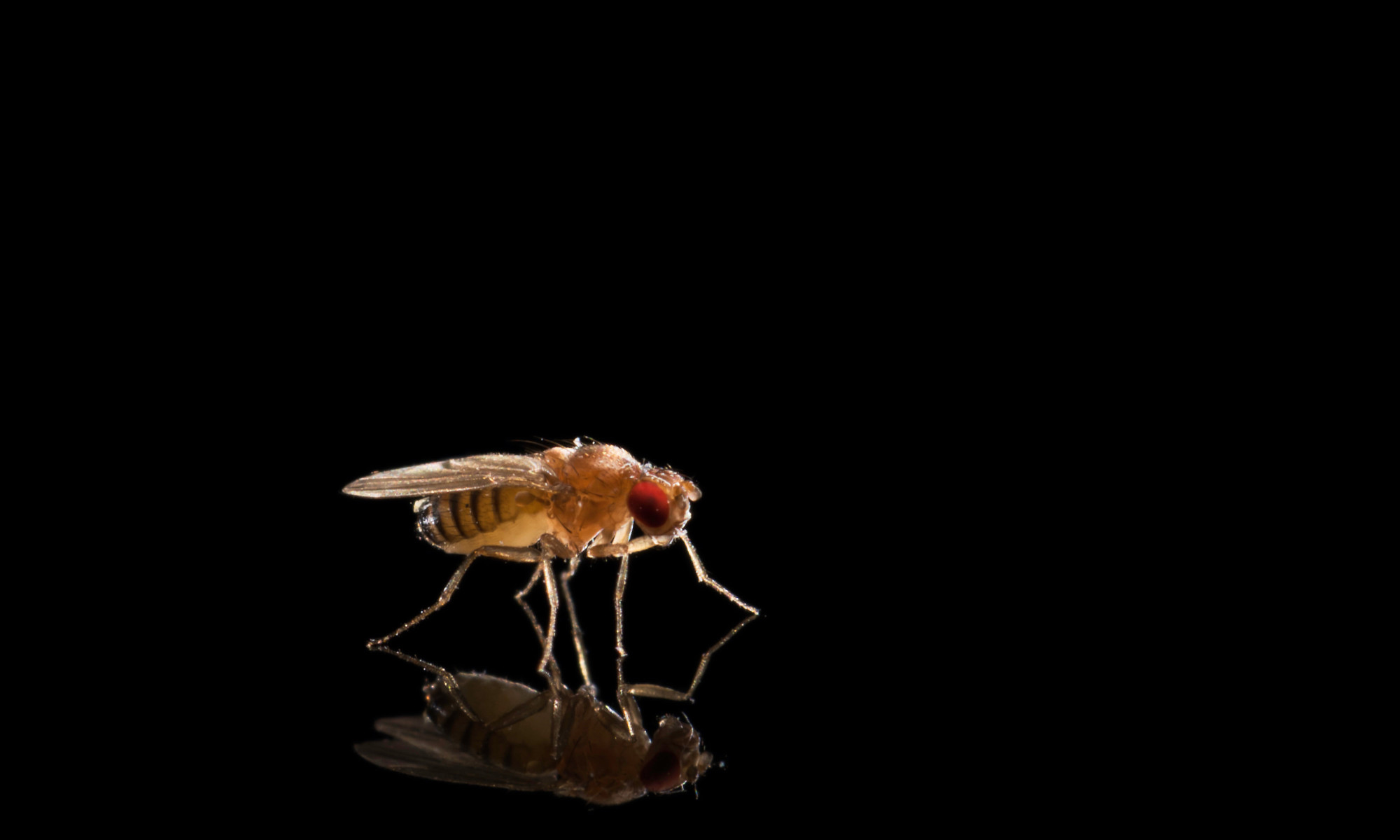
Centromeres could be ‘hotspots’ for evolutionary innovation
New research with fruit flies reveals that centromeres, which are responsible for proper cell division, can rapidly reorganize over short time scales.
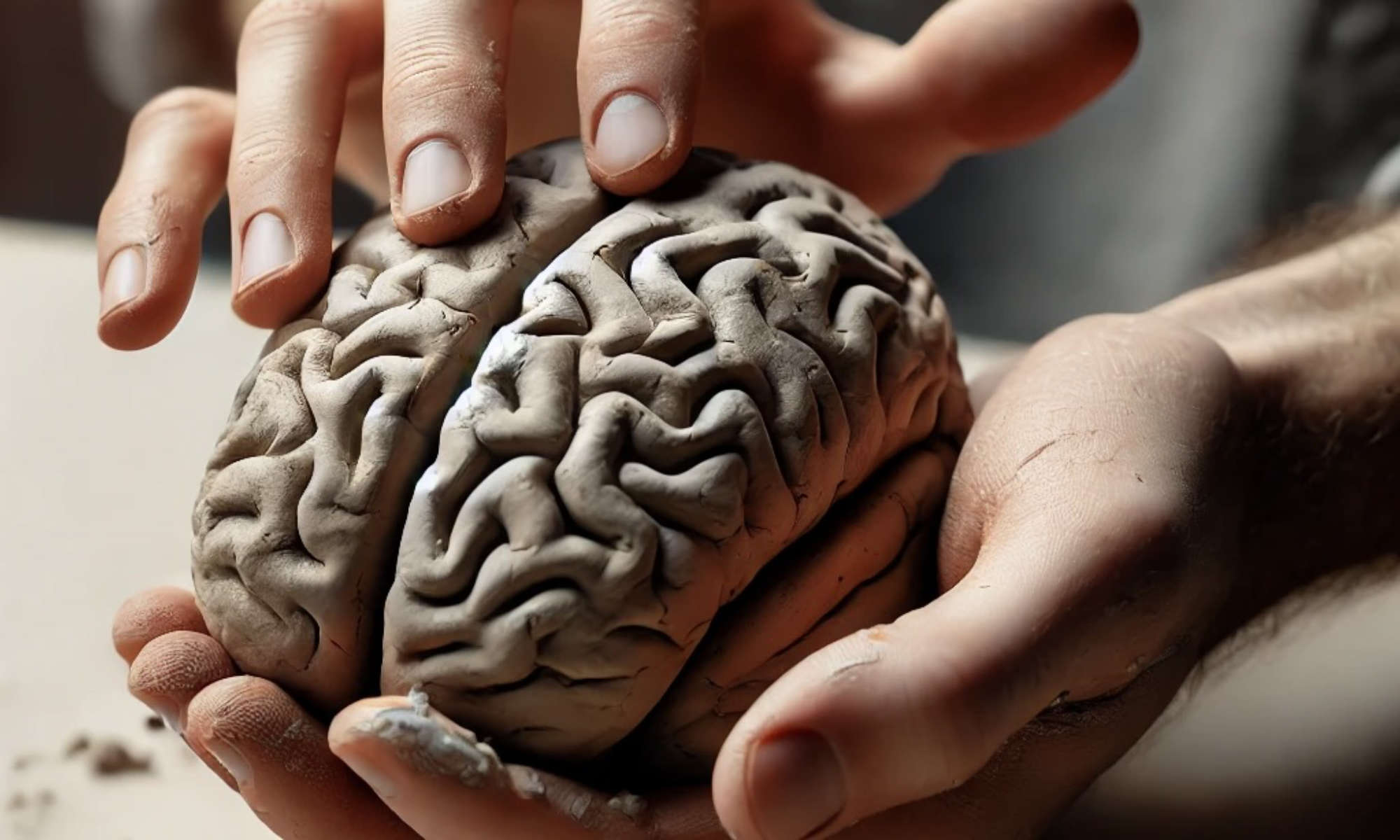
Sculpting the brain (without chisel or scalpel)
Scientists have developed a novel approach to human learning through noninvasive manipulation of brain activity patterns.
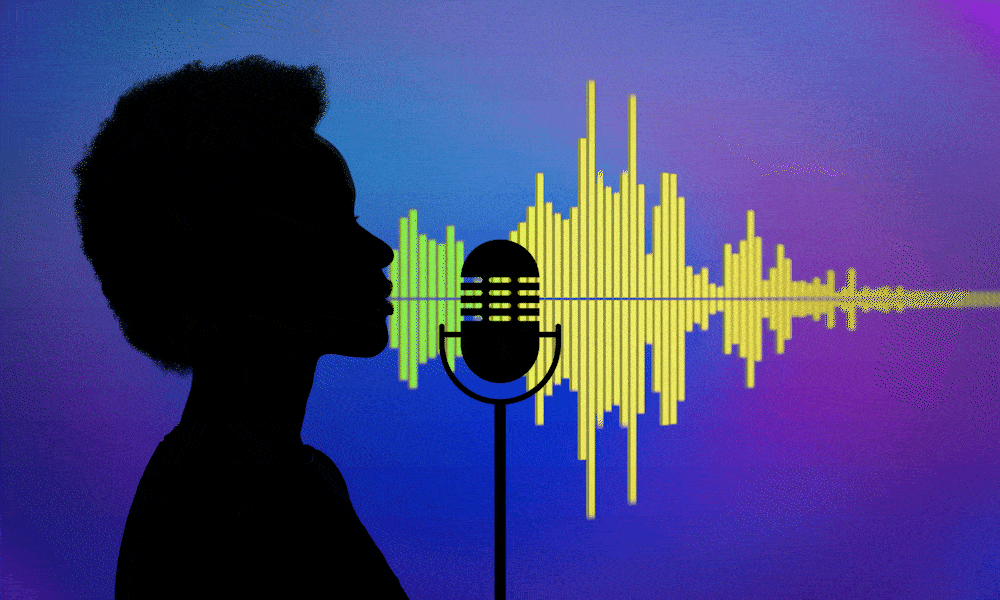
Researchers developing tool to instantly conceal and anonymize voices
The voice-changer system will produce computer-generated speech within milliseconds, allowing users to control factors like age, gender, and dialect.
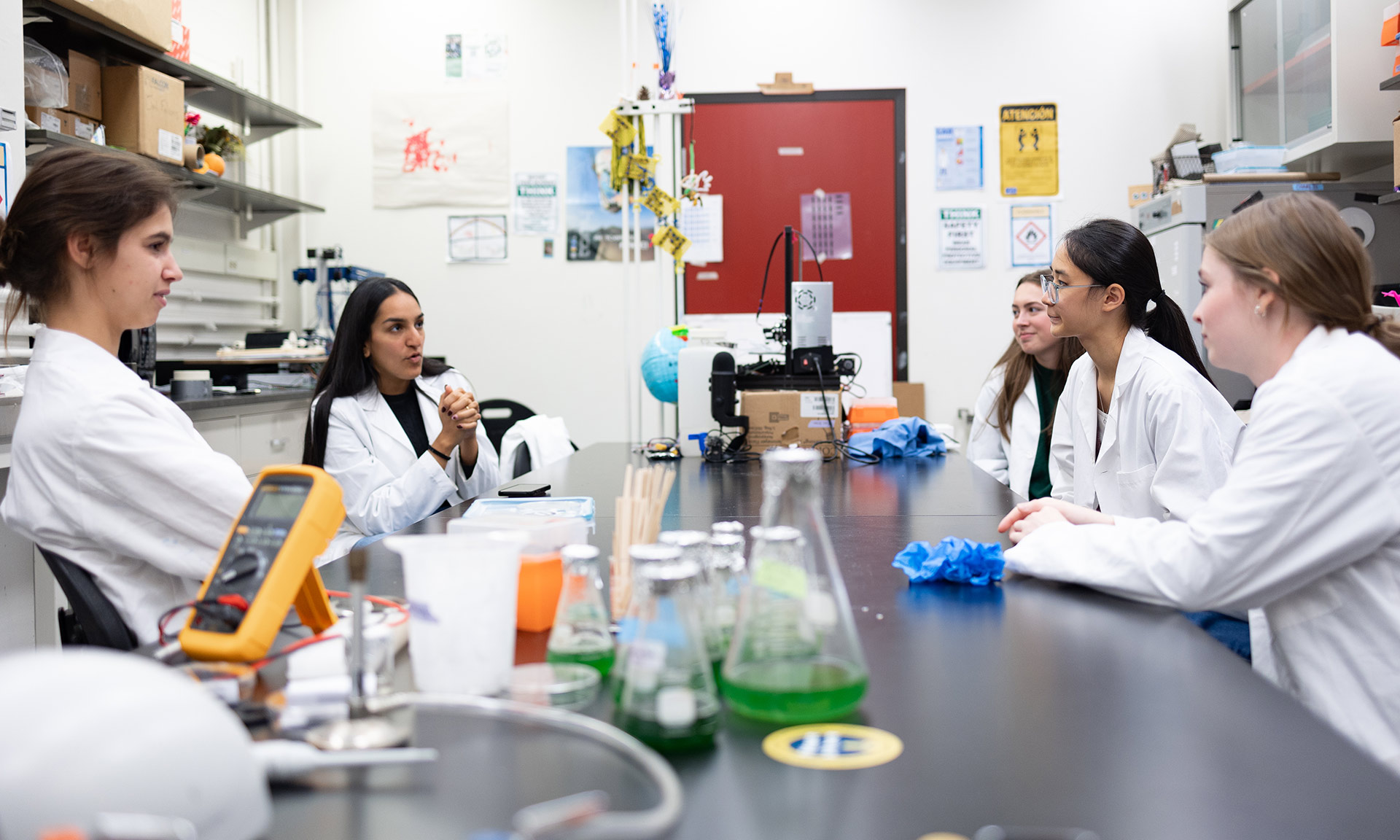
Undergraduate students use bacteria to create clean energy
The student-led team used synthetic biology to harness clean energy from bacteria while simultaneously capturing and storing carbon dioxide, taking home a gold medal in the process.
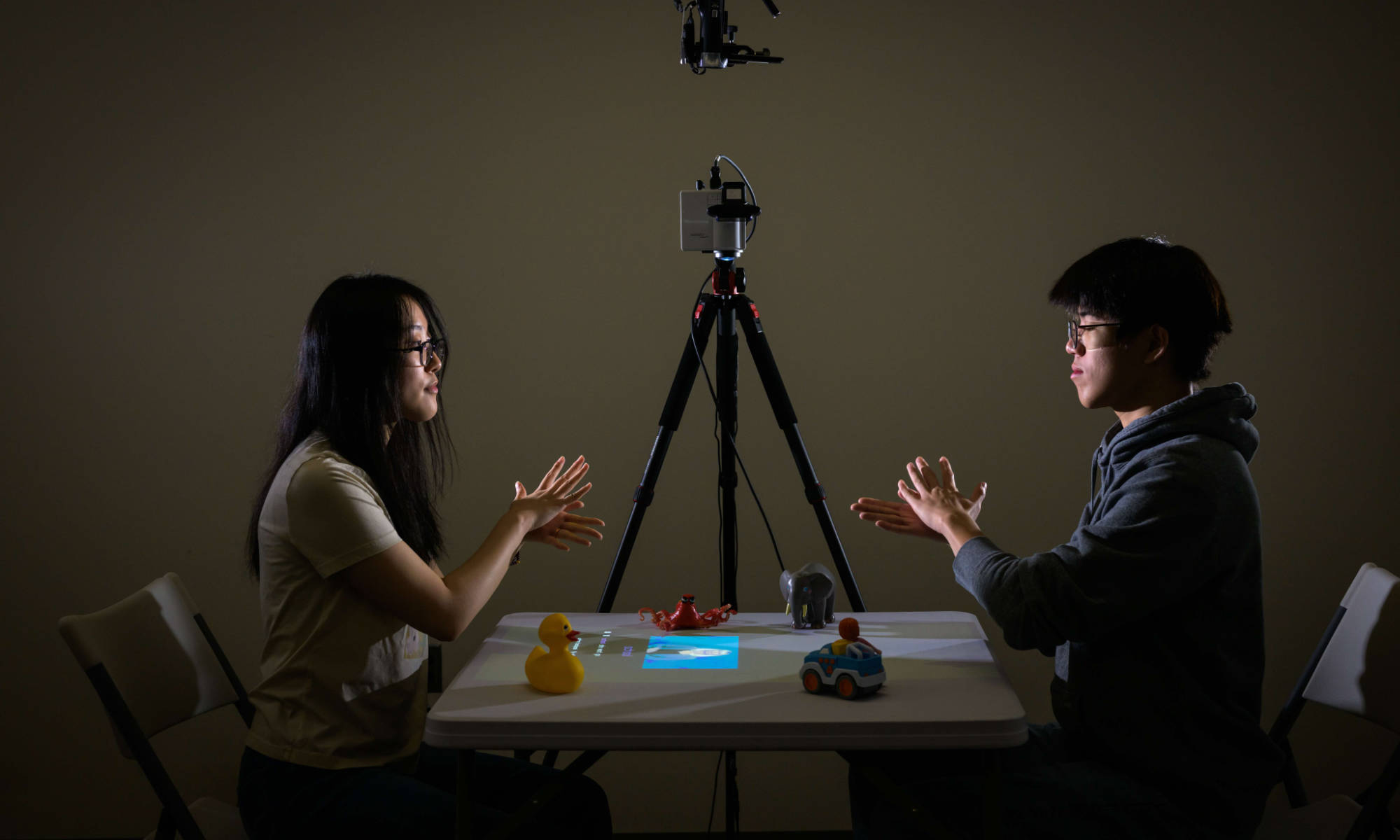
Zhen Bai: Using AI to advance child development and learning
Computer scientist Zhen Bai develops technology to help kids benefit from and learn about artificial intelligence.
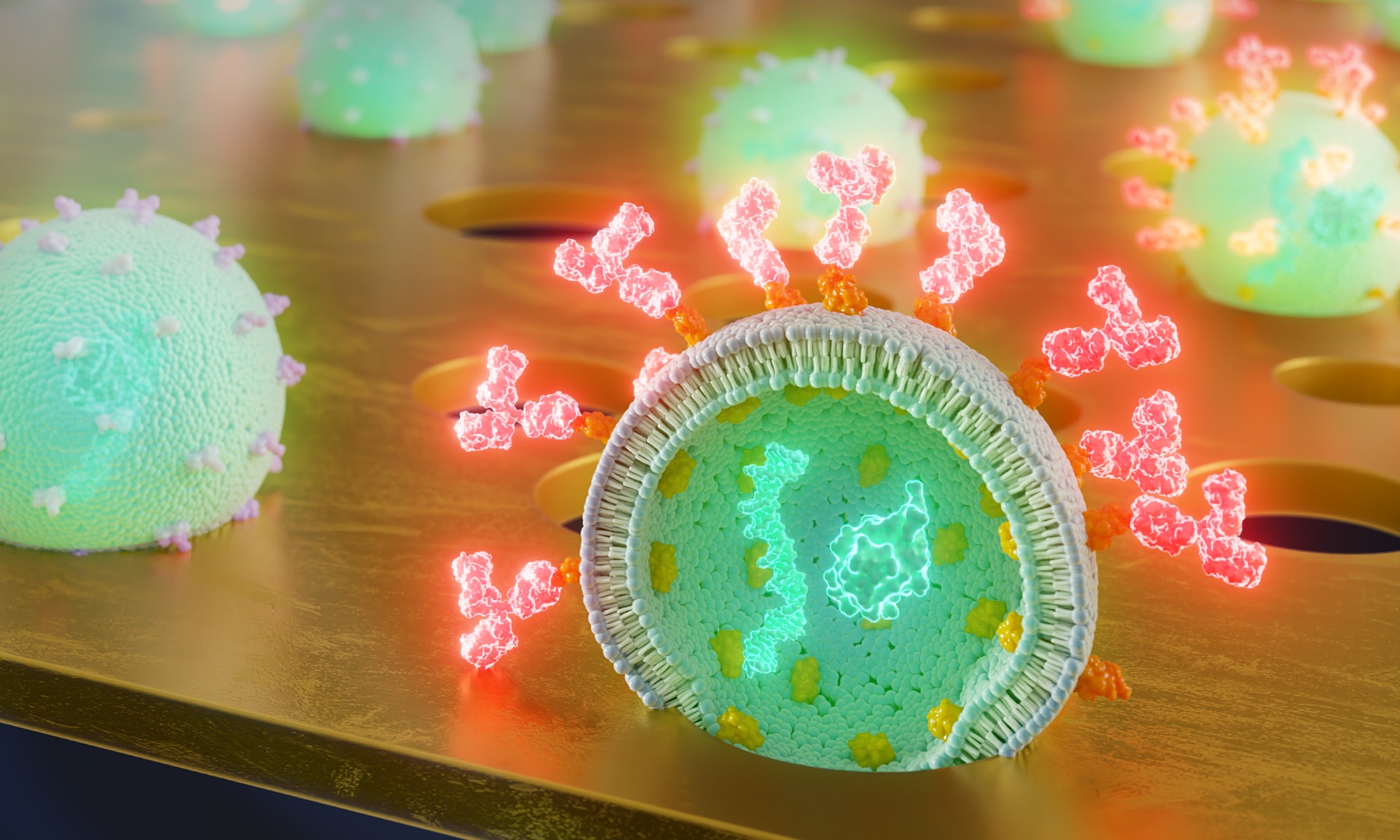
New liquid biopsy method offers avenue to quick, affordable cancer diagnosis
The method uses ultrathin membranes to capture tiny packets of cellular material called extracellular vesicles.
